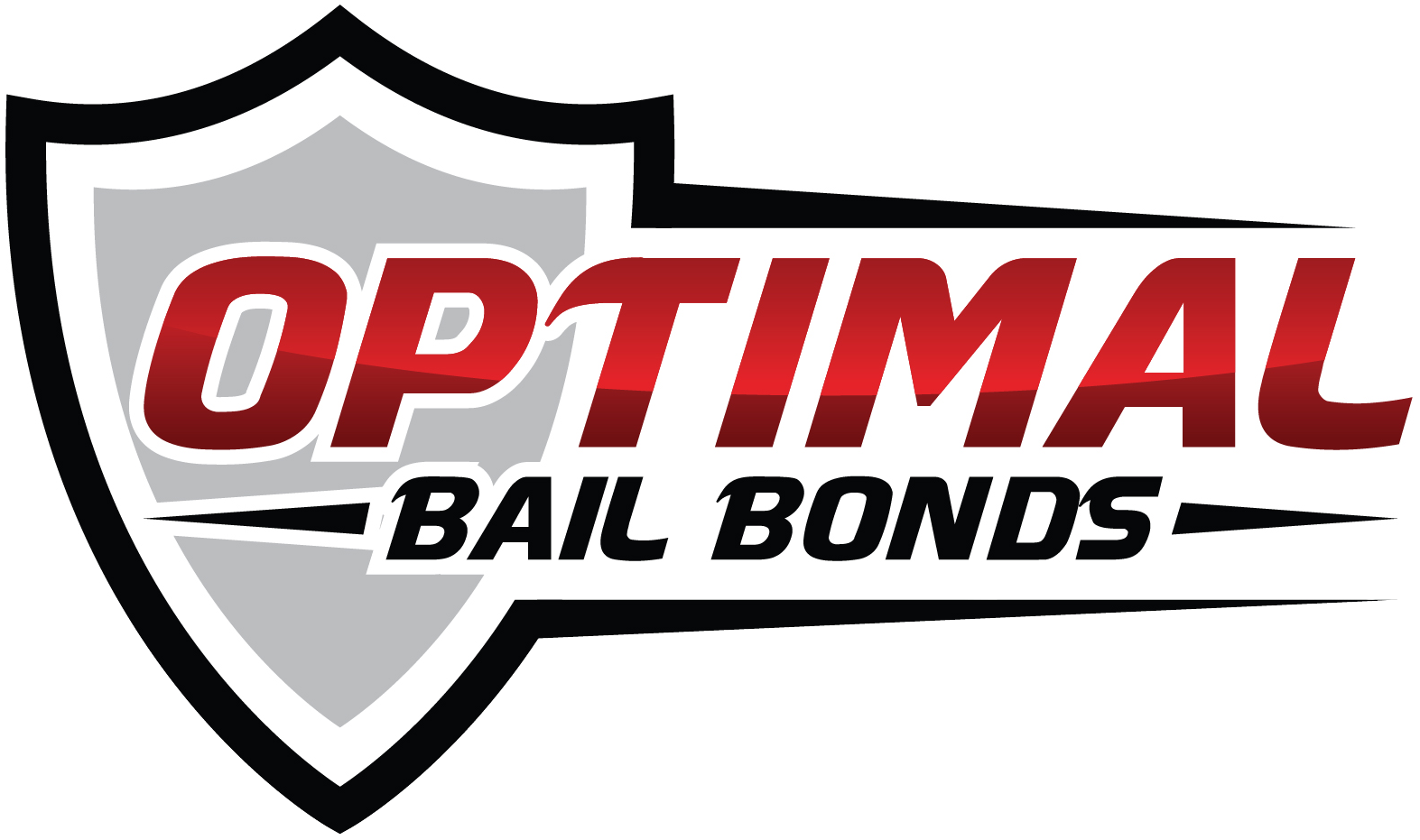When considering the role of a co-signer or an indemnitor in the context of bail bonds, it's crucial to understand the substantial risks and responsibilities involved. A co-signer, typically a close friend, family member, or associate of the defendant, plays a pivotal role in securing a bail bond. This role is not to be taken lightly, as it comes with significant responsibilities and potential risks.
One of the primary responsibilities of a co-signer is to ensure that the defendant attends all court dates. Failure of the defendant to appear in court can have severe financial and legal implications for the co-signer. In such cases, the bail bondsman has the right to recover the full bail amount from the co-signer, which could lead to the loss of collateral, such as property or other assets, that was put up to secure the bond. Moreover, the co-signer’s credit score could be negatively impacted if they fail to cover the bail amount.
The qualifications of a good co-signer often include a close relationship with the borrower, assets or collateral, a good history with the lender, willingness to take on risk, and financial literacy. These factors are essential as co-signing a bail bond is a serious commitment with financial and legal implications. If the defendant fails to appear in court, the co-signer could be responsible for the full bail amount, and their collateral could be at risk.
Furthermore, co-signing creates a legally binding connection, making the co-signer responsible for paying fees to the bail agent and other consequential fees. In extreme cases, if the defendant does not appear in court, the collateral provided for the bail bond might be seized.
Any adult over the age of 18 can be a co-signer on a bail bond agreement, but they must meet certain qualifications set by the bail bond company, like being a resident of the same state as the defendant, having a good credit score, and a stable income.
In summary, becoming a co-signer or indemnitor for a bail bond is a decision that requires careful consideration of the risks and responsibilities involved. It involves a serious commitment that can have significant financial and legal repercussions, especially if the defendant fails to fulfill their court obligations. It's advisable for potential co-signers to thoroughly understand the bail bond process and evaluate their relationship with the defendant, as well as their own financial stability, before agreeing to co-sign.

